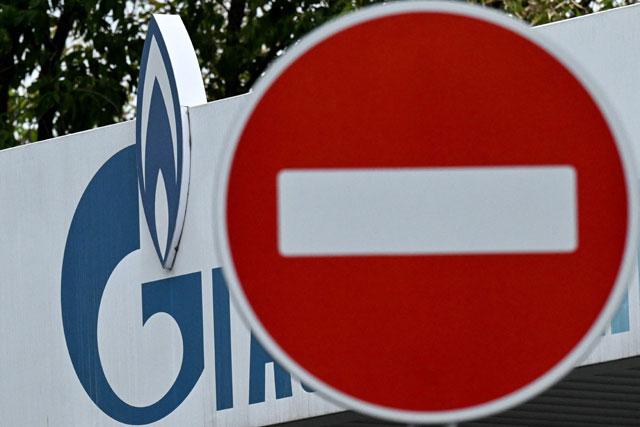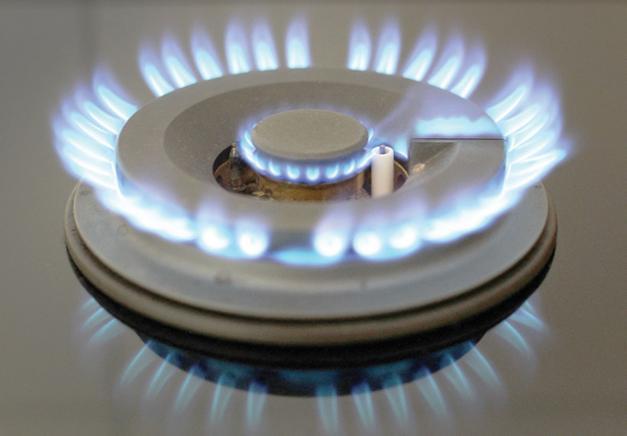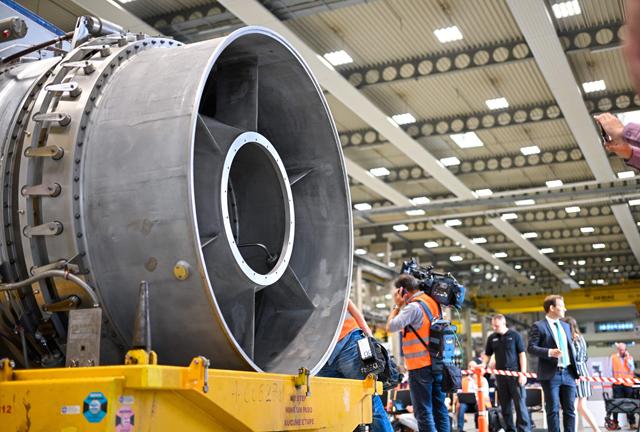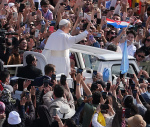You are here
Russia resumes 'unstable' gas supplies to Europe via Nord Stream
By AFP - Jul 22,2022 - Last updated at Jul 22,2022
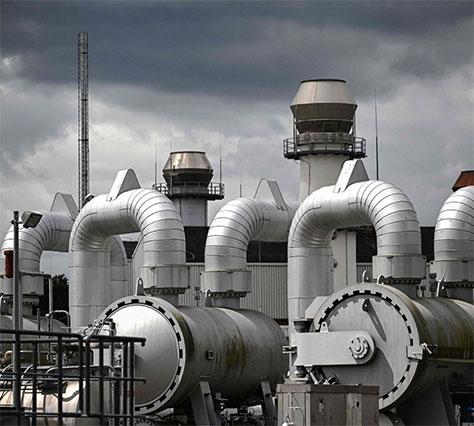
In this file photo taken on July 15, pipes and pressure gauges for gas lines are pictured at Open Grid Europe, one of Europe's largest gas transmission system operators, in Werne, western Germany (AFP photo)
BERLIN — Russia on Thursday restored critical gas supplies to Europe through Germany via the Nord Stream pipeline after 10 days of maintenance, but suspicion lingered that the Kremlin would trigger an energy crisis on the continent this winter.
Germany, which is heavily dependent on Russian gas, had feared that Moscow would not reopen the pipeline after the scheduled work and accused Moscow of using energy as a "weapon".
The showdown came amid the worst tensions in several years over Russia's invasion of Ukraine. Germany believes Russia is squeezing supplies in retaliation for Western sanctions over the war.
Klaus Mueller, head of Germany's energy regulator, the Federal Network Agency, said that by late morning gas flows were on track to return to 40 per cent of the pipeline's capacity, the same reduced level as before the maintenance work.
"But given the missing 60 percent [of supply] and political instability, there is no reason to sound the all-clear," he tweeted.
German Economy Minister Robert Habeck angrily dismissed Russian claims that it was a guarantor of Europe's energy supply, saying that Moscow had become a growing "insecurity factor" in the sector.
"In fact, Russia is using the great power we gave it to blackmail Europe and Germany," Habeck of the ecologist Green party told reporters.
Enduring German reliance on Russian gas coupled with alarming signals from Moscow have turned up the pressure on Europe's top economy.
A total shutdown of imports or a sharp reduction in the flow from east to west could have a catastrophic effect, shutting factories and forcing households to turn down the heat.
Even the resumption of 40 per cent of supplies would be insufficient to ward off energy shortages in Europe this winter, experts warned.
The International Monetary Fund said on Wednesday that a halt in supplies could slash Germany’s gross domestic product this year by 1.5 per cent.
Russia’s state-owned energy giant Gazprom cut flows to Germany via the Nord Stream 1 pipeline under the Baltic Sea to some 40 per cent of capacity in recent weeks, blaming the absence of a Siemens gas turbine that was undergoing repairs in Canada.
The turbine is reportedly en route to Russia and expected to arrive on Sunday at the earliest. The German government has rejected Gazprom’s explanation as an “excuse”, noting that the turbine was one of several available.
Moscow’s explanation for the supply shortfall shifted again on Thursday, as it said that gas delivery problems to Europe were caused by Western sanctions.
“Any technical difficulties linked to this are caused by those restrictions that European countries introduced themselves,” Kremlin spokesman Dmitry Peskov told reporters, dismissing blackmail accusations as “completely” unfounded.
Russian President Vladimir Putin insisted this week that Gazprom would meet all its delivery obligations.
“Gazprom has fulfilled, is fulfilling and will fulfil its obligations in full,” Putin told reporters in Tehran after holding talks with the leaders of Iran and Turkey.
He warned, however, that as another gas turbine was due to be sent for maintenance at the end of this month, energy flows could fall to 20 per cent of capacity from next week.
As of Wednesday, German gas reserves were about 65 per cent of capacity according to official estimates. Habeck said he was setting targets to boost the level to between 90 and 95 per cent by November.
The European Commission on Wednesday urged EU countries to reduce their demand for natural gas by 15 per cent over the coming months, and to give it special powers to force through needed demand cuts if Russia severs the gas lifeline.
“Russia is using energy as a weapon and therefore, in any event, whether it’s a partial major cut-off of Russian gas or total cut-off... Europe needs to be ready,” Commission President Ursula von der Leyen, a former German defence minister, told reporters.
Habeck, who has said he is taking shorter showers to save energy, welcomed the EU measures and rolled out a package of national policies to comply with them.
In addition to boosting its gas reserves, Germany is implementing plans to temporarily revert to more coal power, will mandate energy savings in public buildings and impose new rules for efficiency in heating homes and offices.
“We must prepare for winter,” he said.
Related Articles
MOSCOW — Russia has halted gas deliveries to Germany via a key pipeline an indefinite period after saying on Friday it had found problems in
LONDON — European gas prices soared to a new record high at the close of trading on Friday after Russia's Gazprom announced that the Nord St
MÜLHEIM AN DER RUHR, Germany — German Chancellor Olaf Scholz on Wednesday raised the possibility of keeping nuclear plants going as he accus


